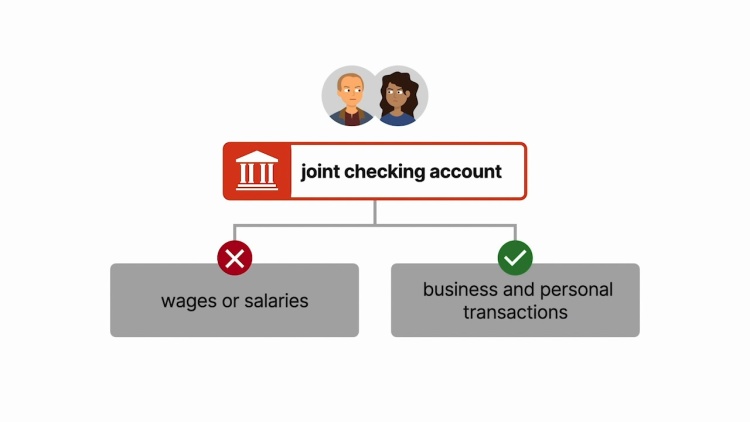In re Marriage of Hassiepen
Illinois Appellate Court
646 N.E.2d 1348 (1995)

- Written by Sean Carroll, JD
Facts
Cynthia Hassiepen (plaintiff) and Kevin Von Behren (defendant) divorced with three children. The divorce decree required Von Behren to pay child support. After the divorce, Von Behren began living with Brenda. Von Behren and Brenda agreed to start an electrical contracting company to make money together. At the outset, Von Behren contributed tools and similar assets, and the company used Brenda’s credit cards to purchase other needed supplies. Von Behren performed the electrical work for the company, and Brenda performed general office work. The electrical company did not have a written partnership agreement, and all business signs and business cards indicated that Von Behren was the sole owner. Von Behren and Brenda opened a joint checking account into which they deposited all company income. They also used this account for personal needs. The electric company became successful, and Hassiepen moved for increased child support. In determining Von Behren’s income for purposes of calculating child support, the trial court found that Brenda and Von Behren were business partners and thus attributed half of the company’s income to Von Behren. Hassiepen appealed, arguing that Von Behren was the sole owner of the company and that Brenda was his employee.
Rule of Law
Issue
Holding and Reasoning (Steigmann, J.)
What to do next…
Here's why 907,000 law students have relied on our case briefs:
- Written by law professors and practitioners, not other law students. 47,100 briefs, keyed to 996 casebooks. Top-notch customer support.
- The right amount of information, includes the facts, issues, rule of law, holding and reasoning, and any concurrences and dissents.
- Access in your classes, works on your mobile and tablet. Massive library of related video lessons and high quality multiple-choice questions.
- Easy to use, uniform format for every case brief. Written in plain English, not in legalese. Our briefs summarize and simplify; they don’t just repeat the court’s language.





